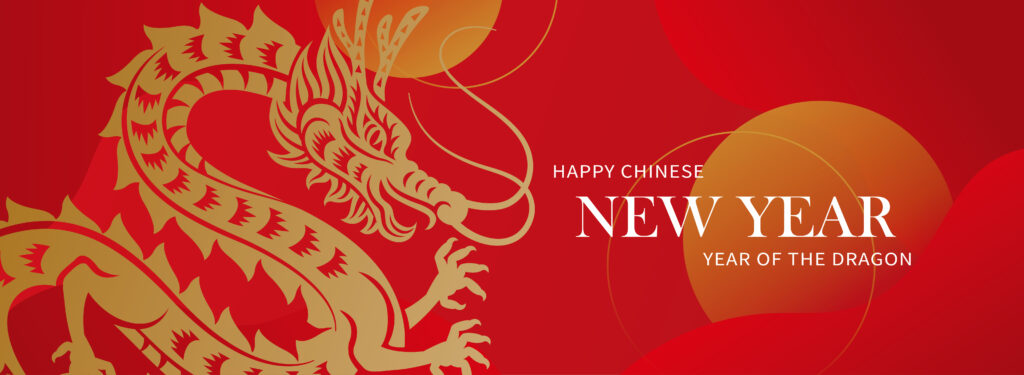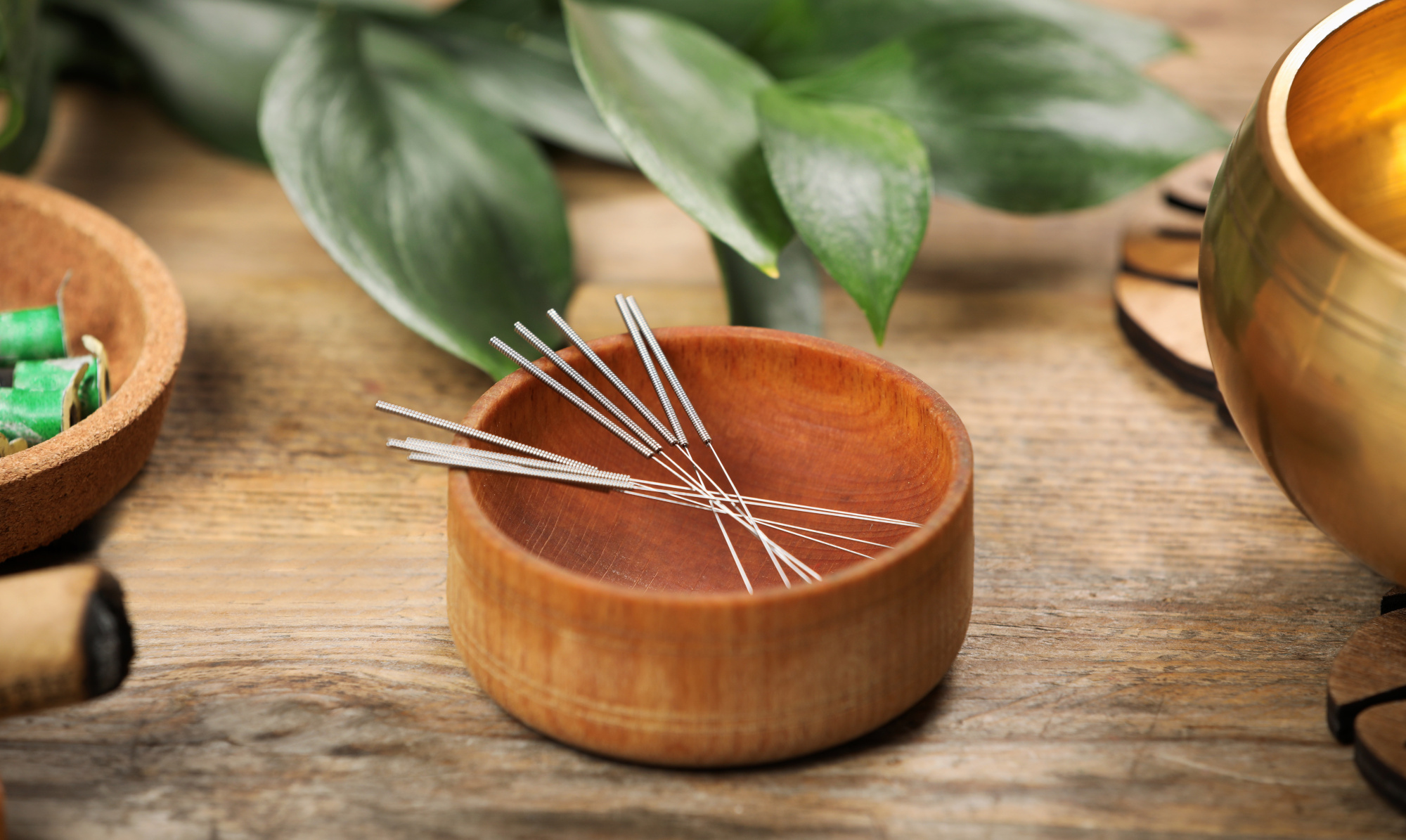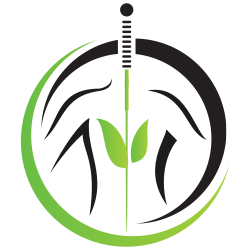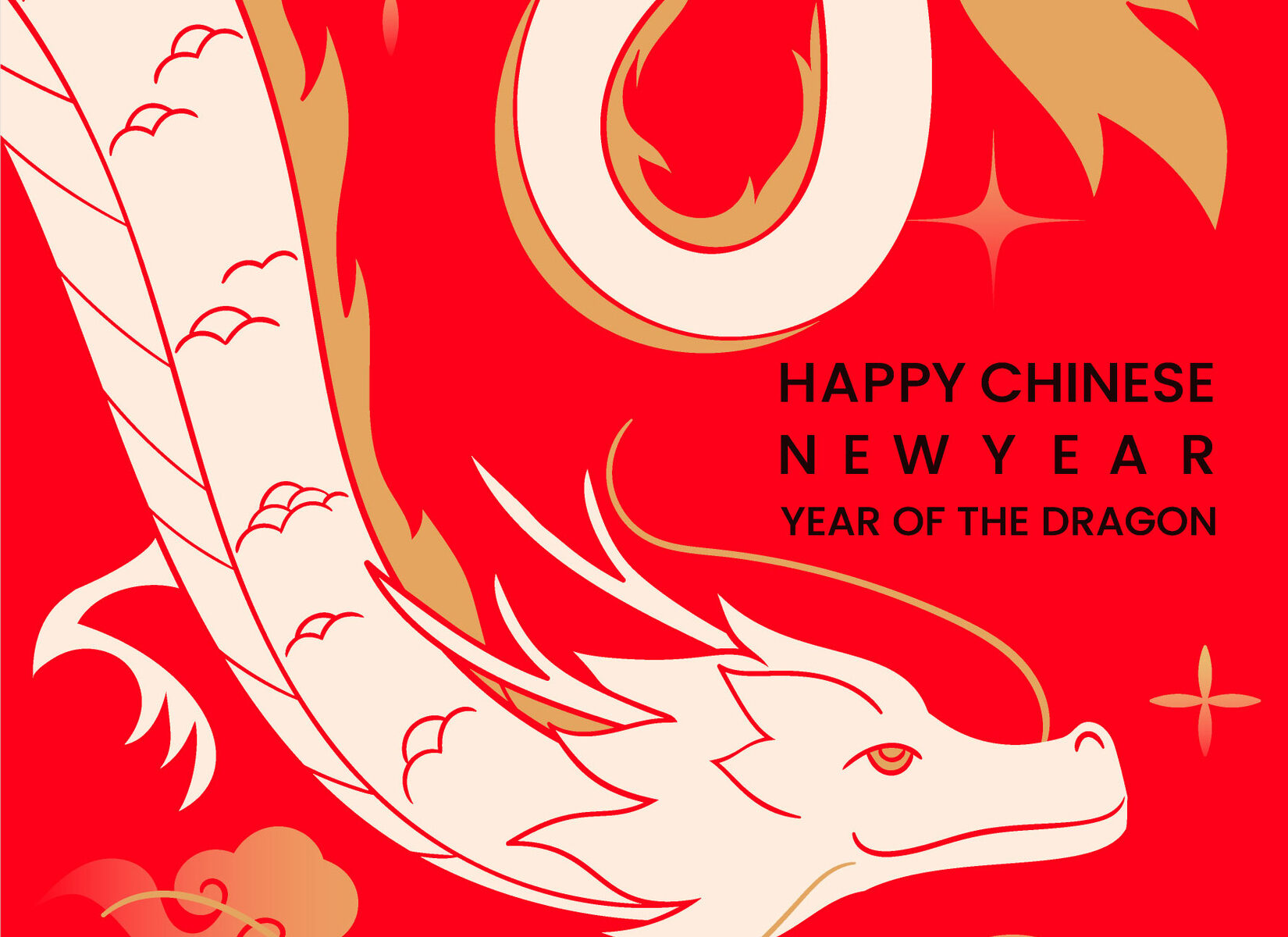
Happy Chinese New Year! Chinese New Year 2024 begin on February 10th and ushers in the year of the auspicious wood Dragon. In Chinese culture, families go to great lengths to secure dragon babies, as it is believed that those born during this time are destined for greatness and good fortune. Dragon years (in general, this includes 2024, 2012, 2000, 1988, 1976, 1964, and 1952) are characterized by prosperity, innovation, strength, and power. Those born in the year of the dragon are believed to be creative, direct, competitive (with others or themselves), resilient, and natural born leaders. The element of the wood this year has a general tempering, introspective influence on the more fiery, impulsive tendencies of the dragon. So, all in all, this should be a good year for most of us if we use our strengths and time wisely.
Preventative Tips for Cold and Flu Season
After the past few years of isolation, it has been nice to once again be able to engage in person-to-person contact without having to constantly worry about wearing masks. That said, there has been a significant uptick in people getting sick with all sorts of respiratory bacterial or viral infections, many of them not necessarily related to Covid. That is why it is so important to take care of your health this season so that your immune system is well-equipped to deal with whatever comes its way. Coming in for regular acupuncture sessions, taking your antiviral herbal teas, pills, and supplements at the first signs of sickness, decreasing overall mental and physical stress, and getting adequate rest can help keep viruses at bay.
In addition, keep in mind the following tips to keep your body warm and nourished during the flu season:

Eat more warm, cooked foods such as soups, stews, steamed vegetables, and congee (rice or millet porridge). These types of warm foods help to nourish Kidney Yin and Yang, and encourage the proper flow of Qi through your digestive organs, making it easier to digest and assimilate the nutrients from the foods you take in. Cold, raw foods take more work for your digestive system to break down and can cause digestive upset in those with sensitive stomachs.

Keep your feet and neck warm, and stay away from cold drafts. You can warm your feet with a heating pad or hot foot bath. This helps to promote the circulation of Qi and Blood and build resilience. In Chinese medicine (and many traditional cultures for that matter), it is believed that the wind and cold can invade one’s immune system through the pores and skin, making it harder for the body to keep warm. That is why in Chinese medicine theory, we say that the Lungs open up to the pores and skin. If you happen to be outside or in an air-conditioned room, make sure to wear a scarf or jacket to protect your head and back. In some cases, muscle stiffness and arthritis are also believed to be caused by excess exposure to cold drafts, so keeping your body and muscles warm is key.
Stay active during the cold months. Regular, moderate exercise and movement are vital to keeping the Blood and Qi flowing through the body and your cardiovascular and immune systems strong. Besides that, cardiovascular exercise again and again has been proven to protect the brain from cognitive decline. Just make sure to bundle up on colder days when exercising outdoors!
Foods Tips When You’re Sick
Eat easy-to-digest foods such as soups, rice, porridge, and steamed vegetables.

Avoid oily, greasy, fried foods and other foods that create more dampness and phlegm in the system such as dairy, heavy meats, refined sugars and carbs, bread, eggs, sugary juices, chocolate, and alcohol.
Avoid eating raw, cold foods such as ice tea, ice cream, cold sandwiches, and raw fish, and raw salads when you are not feeling well.

Herbal teas: Depending on the type of cold and symptoms you are experiencing, you can make a tea at home to address your symptoms. If you have Wind Cold symptoms such as stuffy or runny nose, sneezing, itchy throat, chills, and body aches, you can make a sliced fresh ginger tea with honey. Simmer a sliced thumb sized piece of ginger for about 10 minutes, strain, and you can add honey before drinking. If you have Wind Heat symptoms such as fever, sore or raw throat, thick, yellow mucous or phlegm, then a tea made from mint, chrysanthemum, and honeysuckle would be more appropriate.
Lian Gong Yi Qi Gong to Strengthen Vital Energy and Improve Lung Health
Lastly, check out my Qi Gong video where I teach a form of Qi Gong specifically for improving respiratory health (You Tube video below)! This series of 18 specific movements is called Lian Gong Yi Qi Gong and can be translated as “the practice of 18 health exercises to strengthen vital energy (练功十八法益气功).” It incorporates deep, relaxed breathing and gentle, meditative movements which work to balance the flow of energy through the Lung, Large Intestine, and Kidney channels, which are important for respiratory health.
Benefits of Lian Gong Yi Qi Gong include increased lung capacity, increased mobility in the muscles surrounding the diaphragm and ribcage, a massage for the internal organs and lymphatic system, and improved digestion and elimination. These therapeutic movements were co-developed by Dr. Zhuang Yuan Ming and his son, Zhuang Jian Shen, in Shanghai, China and have been practiced internationally since the late 1970’s. Dr. Zhuan Yuan Ming was a TCM traumatology doctor who originally developed a series of exercises called Lian Gong Shi Bai Fa (练功十八法), which translates roughly to “the practice of 18 health exercises.” The Lian Gong Yi Qi Gong exercises you will learn are derived from Traditional Chinese Medicine, massage, external martial arts stretches, and Dr. Zhuang’s personal experience treating the elderly and those with respiratory ailments.
We wish everyone a prosperous, healthy, and happy Dragon year!


